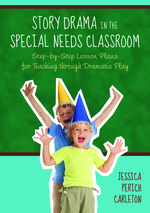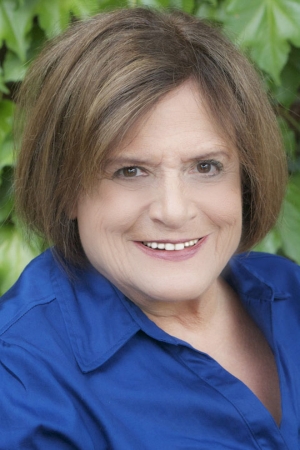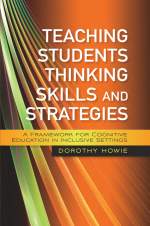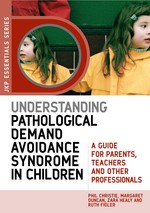Story Drama in the Special Needs Classroom – An Interview with Jessica Perich Carleton
“The formula (called the Dramatic Formula) in the book presents each step with a specific skill that the students need in order to succeed in the drama, while at the same time balancing the level of stimulation for the students so they can focus on each section. Structure and balance of stimulation are the two main factors which give this book success. These two elements allow the students to succeed in a safe and nurturing environment.”









